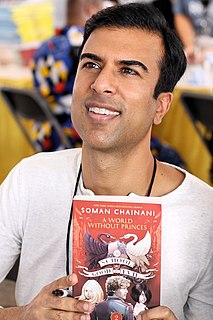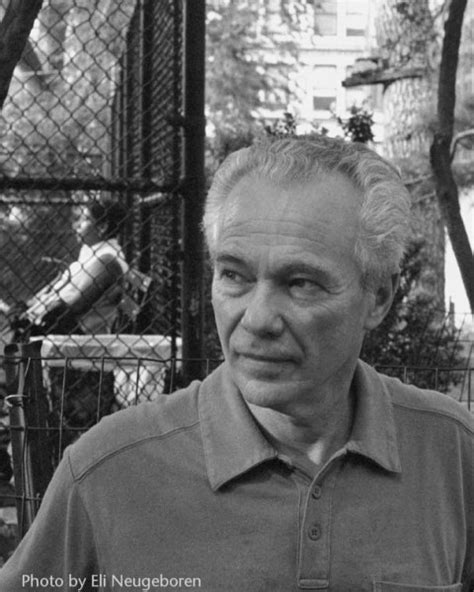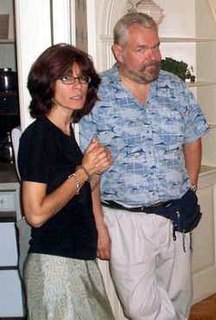A Quote by Martin Amis
The process of writing a novel begins with a pang, a moment of recognition, and a situation, a character, or something you read in a paper, that seems to go off, like a solar flare inside your head.
Related Quotes
I'm always trying to make something that is impossible to film. Why would somebody just read a novel when they can see it on TV or in the cinema? I really have to think of the things fiction can do that film can't and play to the strengths of the novel. With a novel, you can get right inside somebody's head.
Writing with a partner is, in some ways, an easy but odd process. Two people come into a room and look to each other for motivation. One might not be in the right mood at any given moment. And somehow, you begin; somehow, out of your exchange of thoughts, something engages both of you, and the process of collaboration begins.
After the first shock of recognition - a sudden sense of "this is what I'm going to write" - the novel starts to breed by itself; the process goes on solely in the mind, not on paper. I feel a kind of gentle development, an uncurling inside, and I know that the details are there already, that in fact I would see them plainly if I looked closer, but I prefer to wait until what is loosely called inspiration has completed the task for me.
Something happens between a novel and its reader which is similar to the process of developing photographs, the way they did it before the digital age. The photograph, as it was printed in the darkroom, became visible bit by bit. As you read your way through a novel, the same chemical process takes place.
Writing has to do with truth-telling. When you're writing, let's say, an essay for a magazine, you try to tell the truth at every moment. You do your best to quote people accurately and get everything right. Writing a novel is a break from that: freedom. When you're writing a novel, you are in charge; you can beef things up.
Others may question your credentials, your papers, your degrees. Others may look for all kinds of ways to diminish your worth. But what is inside you no one can take from you or tarnish. This is your worth, who you really are, your degree that can go with you wherever you go, that you bring with you the moment you come into a room, that can't be manipulated or shaken. Without that sense of self, no amount of paper, no pedigree, and no credentials can make you legit. No matter what, you have to feel legit inside first.






































